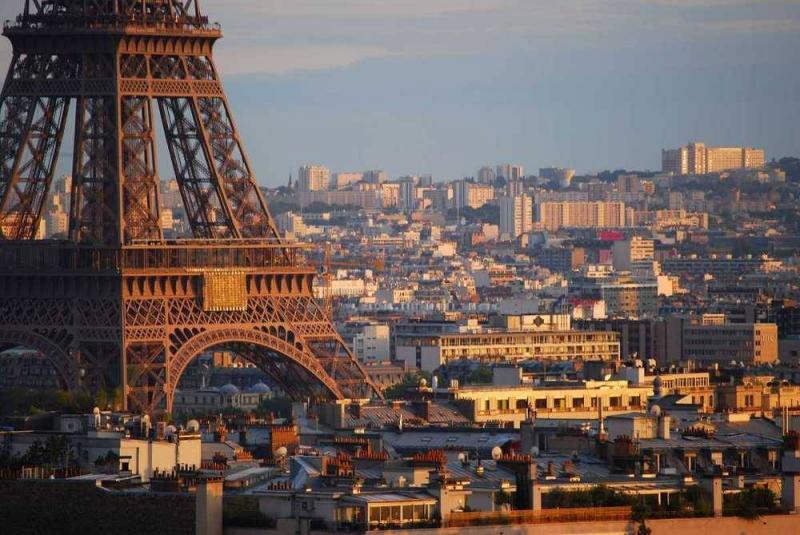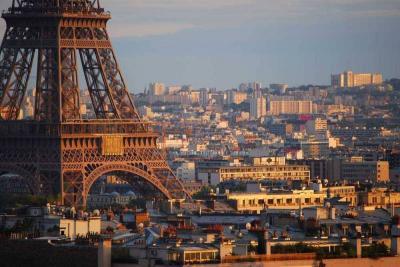French Foreign Minister Catherine Colonna praised the positions of President Michel Aoun "during his long career" and emphasized the need to "elect a president within constitutional deadlines." Her visit opened the doors for renewed Lebanese-French communication through official channels and the presidency, enhancing the likelihood of further steps in this relationship in the coming hours.
The aim of the visit was to reactivate the stagnant French efforts; it does not expect far-reaching results, but it altered the previously prevailing negative French climate and established a realistic return in a critical time to signal that France will stand by Lebanon amid the governmental and presidential vacuums without having a role in the resolution of either issue.
France is returning to Lebanon, its gateway to the Middle East and the last foothold it has in the region. France never misses an opportunity to position itself as the legitimate guardian of Lebanon and its "loving mother." It does not always tie its efforts to results. Since President Emmanuel Macron's visit, France has not succeeded in facilitating the resolution of any crises in Lebanon, as internal conditions hindered its initiatives, compounded by negative repercussions from the Russian-Ukrainian war.
France's continuous efforts to support Lebanon are noted, as well as its repeated attempts to encourage American and Saudi assistance for the country. Regardless of the results, France is the only European country that has not abandoned Lebanon, yet it has been unable to achieve a significant breakthrough. Since Macron's visit, it has not managed to curtail the American role that complicated its interventions and restricted its position following the port explosion, nor has it succeeded in hosting a nationally Lebanese dialogue under its stewardship. It also failed to secure international aid for Lebanon; the most it achieved was limited assistance through cooperation with Saudi Arabia.
Throughout the crisis from October 17 until today, France has maintained its presence, albeit symbolically. Colonna's visit for a few hours to Lebanon falls within the context of affirming its role, without presenting a major French initiative or code word related to the various internal Lebanese challenges. However, the timing of her visit, following the agreement on maritime demarcation and the failure of two sessions to agree on a new presidential candidate, suggests that these three issues were certainly present during her visits to the presidential headquarters.
At all three stops, as well as at the airport, she reiterated the necessity of electing a new president while respecting constitutional deadlines and that the "historic agreement that Lebanon concluded with Israel regarding maritime border demarcation will not replace the needed reforms, which remain a priority and should be implemented in accordance with the agreement with the International Monetary Fund." What the French foreign minister did not announce to officials was her insistence that her country does not have a presidential candidate, and she would not work to support any specific figure but instead aimed to encourage relevant parties to agree on electing a president by the end of this year at the latest. She also avoided engaging in name games or appearing to favor one figure over another.
Regarding maritime demarcation, she stated that the primary role belonged to the Americans, but clarified that France facilitated the agreement, explaining the steps of the French company "Total Energies," which will undertake exploration in the Lebanese Qana field for gas.
One cannot speak of new French initiatives brought by the French visitor as much as a reaffirmation of already established positions regarding the presidency, the functioning of institutions, and the success of negotiations with the IMF—issues tied to France’s interests and presence in Lebanon. The issue of displaced persons was also part of the discussions, with Lebanon requesting that France play a supportive role in their return to avoid future crises from Lebanon's inability to continue hosting them. Her response was that "the key to this situation relates to improvements in circumstances in Syria," indicating that France still ties the return of the displaced to a political resolution. A ministerial source described the visit as mainly a gesture of congratulations on the maritime agreement and pressure for the formation of a new government and the election of a president, allowing Lebanon to stand again and regain its role and status in the region. However, it was also noted that her discussion of the government is contingent upon the election of a "new president" to ensure "a government that can fully exercise its work in the future." This implies that changing the current government is not a priority for France; rather, the key is electing a president to build upon this basis.




